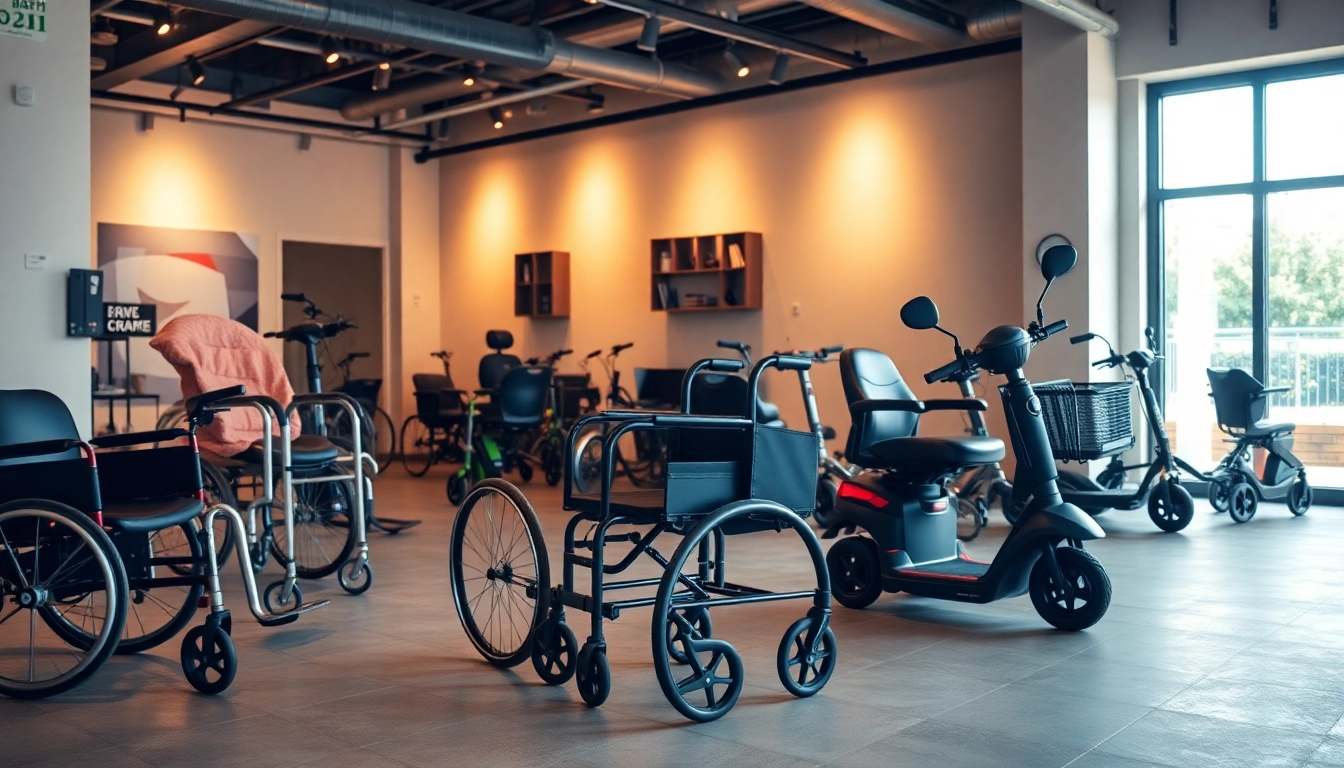Understanding Depression: Types and Symptoms
Common Types of Depression
Depression is a multifaceted disorder that can manifest in various ways. Identifying the specific type of depression someone is experiencing is crucial for effective treatment. Among the common types are:
- Major Depressive Disorder (MDD): Characterized by persistent feelings of sadness, worthlessness, and a lack of interest in daily activities, MDD can severely impact an individual’s routine.
- Persistent Depressive Disorder (Dysthymia): This is a chronic form of depression that lasts for at least two years. It may not be as severe as MDD but can still impede the ability to function normally.
- Bipolar Disorder: Previously known as manic depression, this disorder involves alternating periods of depression and mania. It requires tailored management strategies due to its complexity.
- Seasonal Affective Disorder (SAD): Triggered by changes in seasons, especially in winter, SAD is associated with reduced sunlight exposure, leading to symptoms of depression.
- Postpartum Depression: Women may experience depression following childbirth due to hormonal changes, lack of sleep, and the emotional toll of new parenting responsibilities.
Recognizing Key Symptoms
Identifying symptoms of depression is vital for both self-awareness and seeking help. Symptoms can vary from person to person, but common indicators include:
- Persistent sadness or low mood.
- Loss of interest in activities previously enjoyed.
- Changes in appetite or weight (increased or decreased).
- Insomnia or hypersomnia (sleeping too much).
- Fatigue or low energy levels.
- Difficulty concentrating or making decisions.
- Feelings of helplessness or hopelessness.
- Thoughts of self-harm or suicide.
The Impact of Depression on Daily Life
Untreated depression can adversely affect various aspects of life. Individuals may struggle with personal relationships, face challenges in the workplace, and experience diminished physical health. Social withdrawal is common, leading to isolation and further exacerbation of symptoms. In a city like Dubai, where the pace of life can be intense, these challenges are magnified, making it crucial to seek effective depression treatment dubai.
Available Treatment Options for Depression
Therapy Approaches in Dubai
Dubai offers a range of therapeutic options led by qualified mental health professionals. Different therapeutic approaches include:
- Cognitive Behavioral Therapy (CBT): This evidence-based approach focuses on changing negative thought patterns and behaviors, equipping individuals with tools to manage their depression more effectively.
- Interpersonal Therapy (IPT): Emphasizing interpersonal relationships and communication skills, IPT helps individuals understand and manage the relationship challenges that can contribute to depressive symptoms.
- Dialectical Behavior Therapy (DBT): Originally designed for individuals with borderline personality disorder, DBT has proven effective for treating mood disorders by promoting emotional regulation and mindfulness.
- Group Therapy: Sharing experiences in a supportive group setting can help individuals feel less isolated. Group therapy also facilitates the exchange of coping strategies among participants.
Medication and Its Effectiveness
Medications, particularly antidepressants, are commonly used to address chemical imbalances in the brain associated with depression. Common classes of antidepressants include:
- Selective Serotonin Reuptake Inhibitors (SSRIs): These medications increase serotonin levels and are often prescribed as a first-line treatment.
- Serotonin-Norepinephrine Reuptake Inhibitors (SNRIs): These work on both serotonin and norepinephrine, providing relief from depression symptoms.
- Tricyclic Antidepressants: While effective, these can have more side effects and are generally not the first choice for treatment.
- Monoamine Oxidase Inhibitors (MAOIs): An older class of antidepressants that require dietary restrictions due to interactions with certain foods.
Alternative Treatments: Beyond Conventional Methods
In addition to therapy and medication, many individuals explore alternative treatments that can complement traditional approaches. These may include:
- Mindfulness and Meditation: Practices that encourage living in the present moment can reduce symptoms of depression.
- Exercise: Regular physical activity has been shown to have mood-enhancing effects that can alleviate feelings of depression.
- Nutritional Therapy: A balanced diet rich in omega-3 fatty acids, vitamins, and minerals can support mental health.
- Acupuncture: Some individuals find relief from symptoms of depression through acupuncture, which promotes relaxation and helps with energy flow.
Choosing the Right Treatment Center in Dubai
Assessing Credentials and Experience
When selecting a treatment center for depression in Dubai, it’s crucial to assess the credentials and experience of the professionals involved. Look for:
- License and registrations with relevant health authorities.
- Specializations in mental health and specific experience with depression.
- Continuing education and training in current treatment modalities.
Patient Reviews and Success Stories
Patient reviews and testimonials can provide insight into the effectiveness of a treatment center. Look for:
- Success stories from individuals who have undergone similar treatments.
- Ratings and feedback on the overall patient experience, including staff interactions and facilities.
- Awareness of the center’s approach to aftercare and ongoing support once treatment is complete.
Location and Accessibility Considerations
Accessibility is an essential factor when choosing a treatment center. Consider the following:
- Proximity to your home or workplace for easier visits.
- Transportation options available for commuting to appointments.
- Flexible appointment scheduling to accommodate personal commitments.
Steps to Take Before Seeking Treatment
Recognizing Your Need for Help
Acknowledging the need for help is often the first step toward healing. Signs that intervention may be necessary include:
- Prolonged feelings of sadness or disinterest.
- Functional impairments in daily life activities.
- Escalation in self-destructive thoughts.
Preparing for Your First Appointment
Preparation for the initial consultation can ease anxiety and make the process more productive. Consider the following:
- Jot down significant symptoms and personal history related to your mood and mental health.
- List any medications currently being taken, along with their dosages.
- Prepare questions to ask the therapist or doctor about their approach and what to expect during treatment.
Setting Expectations for Treatment
Understanding what to expect from treatment can alleviate fears and improve adherence to the program. Treatment success may involve:
- Adjusting medications or therapeutic approaches based on individual response.
- Engaging in self-care practices outside of therapy sessions.
- Regularly attending follow-up appointments to monitor progress.
Aftercare and Ongoing Support
Importance of Follow-Up Care
Aftercare is an essential component of mental health treatment. It ensures that individuals continue to make progress after their initial treatment phase by:
- Monitoring ongoing medication effectiveness.
- Adjusting therapeutic strategies as needed.
- Providing additional support through follow-up counseling sessions.
Support Groups and Community Resources
Engaging with support groups can be highly beneficial in recovery. Support groups provide:
- Shared experiences that validate feelings and experiences.
- A platform to learn coping strategies from others in similar situations.
- Networking opportunities for finding resources and ongoing support.
Long-Term Strategies for Managing Depression
To prevent relapse and manage ongoing symptoms, individuals may adopt several long-term strategies including:
- Regular exercise to boost endorphins and improve mood.
- Practicing mindfulness to stay grounded and regulate emotions.
- Pursuing hobbies and interests to encourage engagement and joy in life.
- Maintaining a supportive network of friends and family.
Depression can be a challenging experience, but understanding its complexities and seeking the right depression treatment dubai options can pave the way toward recovery. Whether through therapy, medication, or lifestyle changes, individuals can reclaim their mental health and lead fulfilling lives.




